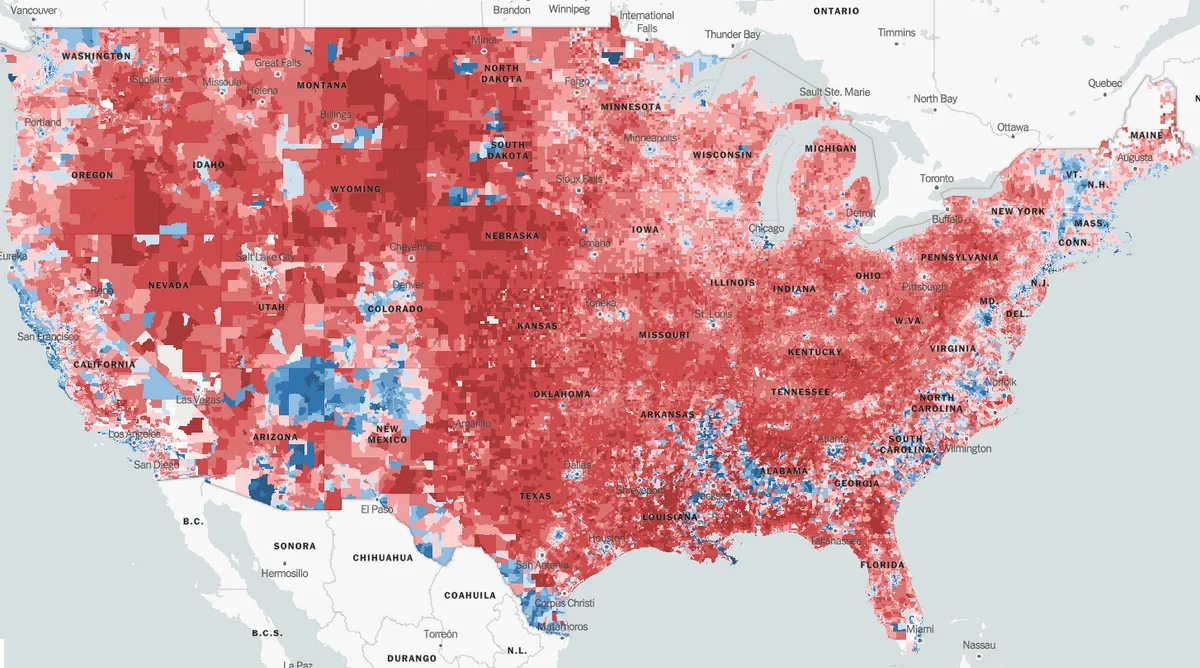In the realm of American politics, the phenomenon known as "October surprises" has been a recurring theme for nearly two centuries. These unexpected events or revelations, occurring in the crucial month before a presidential election, have long been feared by candidates for their potential to alter the course of a campaign. However, a closer examination of history reveals that the impact of these surprises may be less significant than commonly believed.
The concept of October surprises dates back to 1840, when prosecutors announced charges against prominent Whig Party officials for election fraud. Despite this revelation, Whig candidate William Harrison emerged victorious. This early instance set a precedent for future October surprises, which often failed to decisively influence election outcomes.
Throughout the years, various October surprises have emerged:
- In 1880, a forged letter attributed to James Garfield caused controversy but didn't prevent his election.
- The 1884 election saw James Blaine affected by a comment about "rum, Romanism, and rebellion."
- In 1964, a scandal involving Lyndon Johnson's aide Walter Jenkins was overshadowed by global events.
- The 1968 election was marked by allegations of the Nixon campaign interfering with Vietnam peace talks.
- In 1972, Henry Kissinger's premature announcement that "peace is at hand" in Vietnam raised eyebrows.
The term "October surprise" itself was coined in 1980 by William Casey, Ronald Reagan's campaign manager, who co-founded the conservative Manhattan Institute in 1978. Casey and Reagan's team were concerned about a potential hostage release that could boost Jimmy Carter's re-election bid.
More recent examples of October surprises include:
- The revelation of George W. Bush's 1976 DUI arrest just before the 2000 election.
- A bipartisan photo-op between Barack Obama and Chris Christie after Hurricane Sandy in 2012.
- James Comey's letter about Hillary Clinton's emails in 2016, which some believe reinvigorated Donald Trump's campaign.
Despite these dramatic events, political scientists and analysts debate their true impact on election outcomes. Two competing theories have emerged:
- The "game change" theory, popularized by journalists like Theodore White in the 1960s, suggests that elections are defined by dramatic turning points.
- The "structure theory," advanced by political scientists such as John Sides and Lynn Vavreck, argues that elections follow more predictable patterns based on big-picture dynamics.
Proponents of the structure theory point out that many famous October surprises didn't significantly alter election results. For instance, Nixon's landslide victory in 1972 wasn't primarily due to Kissinger's peace announcement. Similarly, Bush won in 2000 despite the last-minute DUI revelation.
In today's polarized political landscape, the effectiveness of October surprises may be further diminished. The 2024 election, as of October 8, shows polls in key swing states largely unchanged despite recent events like the Middle East conflict and developments in Trump's legal issues.
"What's remarkable is that even after all the instability of the past few months, the election is now exactly where pollsters predicted it to be—evenly divided in most of the key swing states."
This resilience of electoral patterns is evident even in the face of major events like the COVID-19 pandemic, which did not significantly alter the electoral map in recent elections.
As early voting becomes more prevalent, the potential for October surprises to sway voters in real-time increases. However, the established red-blue divide has proven remarkably stable, surviving candidate changes, assassination attempts, dramatic conventions, and international conflicts.
In conclusion, while October surprises continue to captivate media attention and cause campaign anxiety, their ability to fundamentally change election outcomes remains questionable. The enduring nature of America's political divisions suggests that even the most dramatic October revelations may struggle to break through the entrenched electoral landscape.
